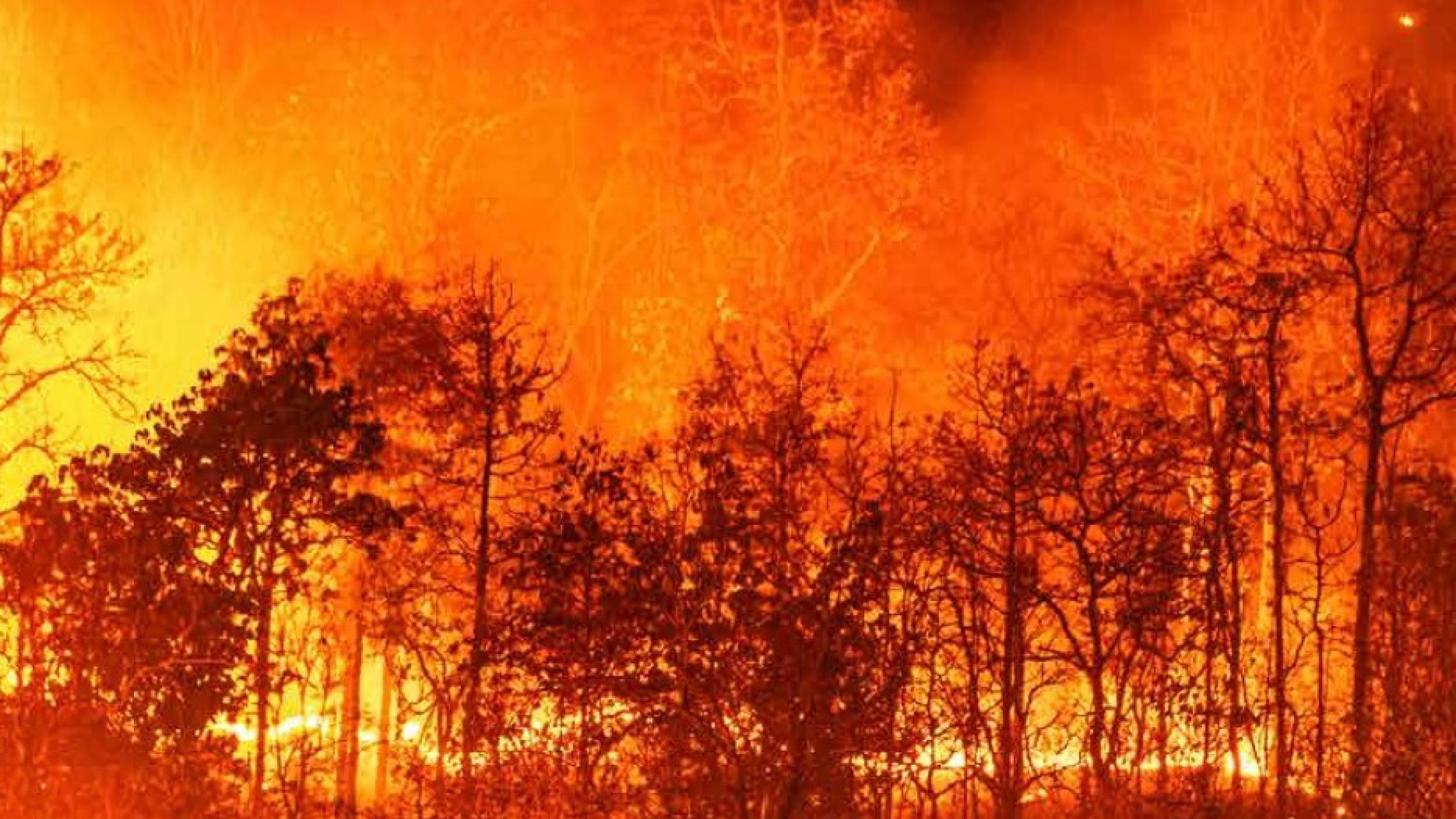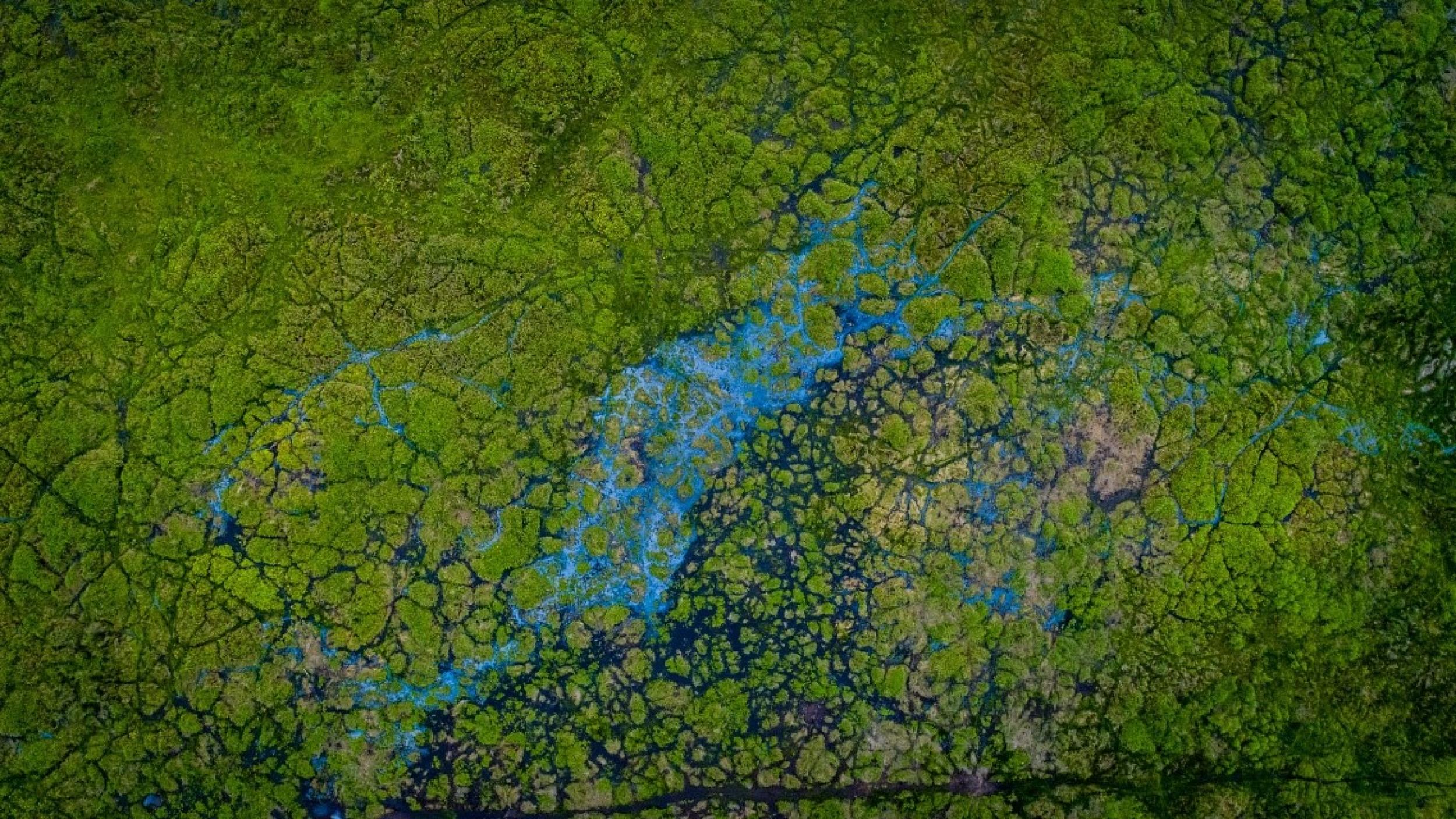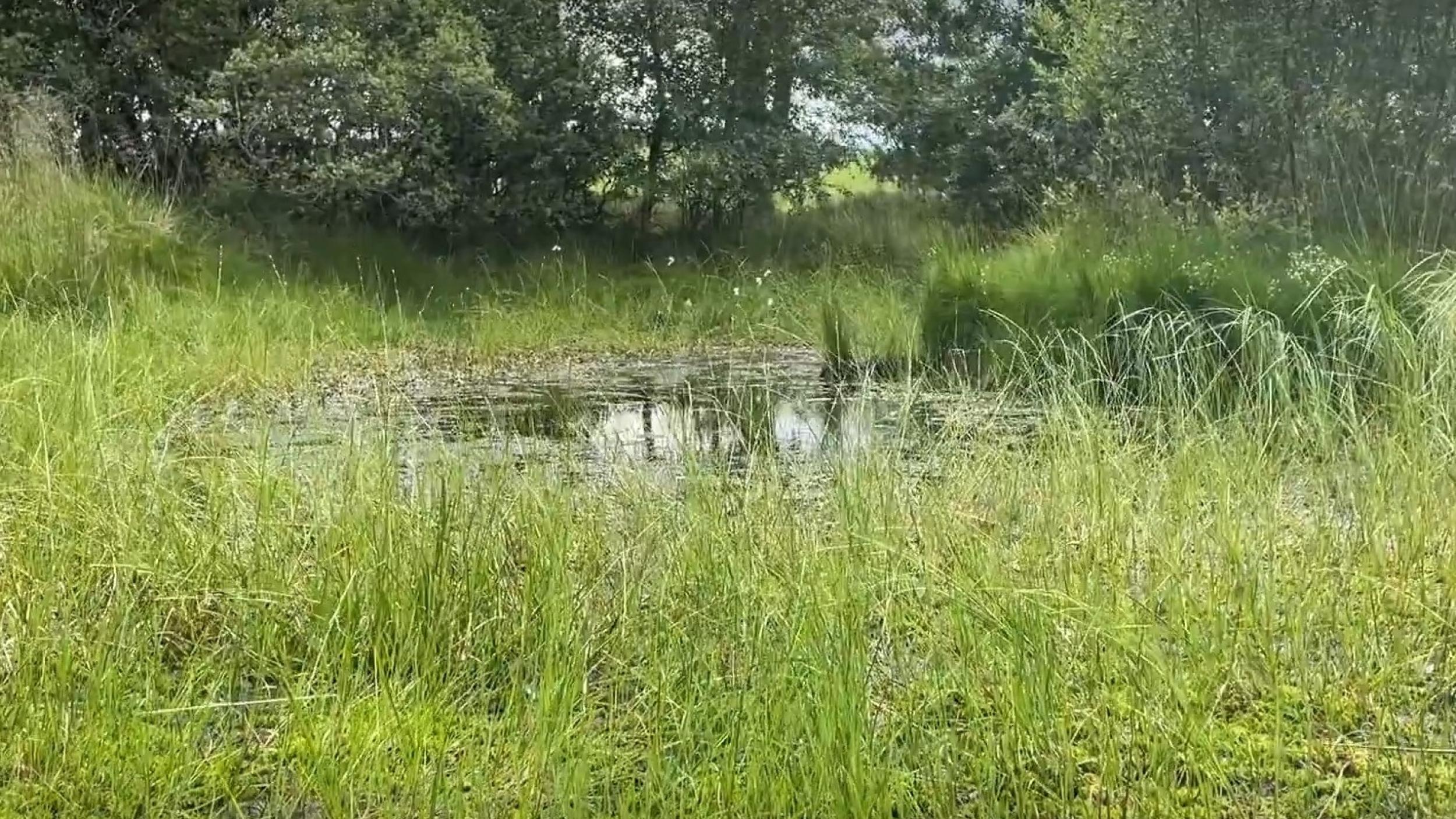
Theme Fires

“We are losing wetlands three times faster than forests” – Martha Rojas Urrego Secretary General of the Ramsar Convention on Wetlands
“Wetlands are among those ecosystems continue to be lost and degraded due to unsustainable development pressures” – Andrej Vizjak Slovenian Minister of the Environment and Spatial Planning
These alarming messages were captured during the side event “Wetlands: Key Enablers for a Resilient and Sustainable Recovery” at the High-Level Political Forum on Sustainable Development on July 7th 2021. The event was organized by the governments of Slovenia, Costa Rica, Mexico, and the United Kingdom together with the Secretariat of the Convention on Wetlands (Ramsar Convention).
Despite the fact that wetlands have been increasingly recognized as crucial parts of our environment because of the vital ecosystem services they provide, the destruction and unsustainable management of these unique habitats still represent a growing concern in the global arena. This high-level virtual event acted as a catalyst to exchange policies and multi-stakeholder experiences on wetland conservation and its benefits for the achievement of the 2030 Agenda for Sustainable Development to secure a resilient and sustainable recovery after the COVID-19 pandemic.
During the event, the draft resolution to establish the 2nd of February as World Wetlands Day under the UN, in alignment with the decision of the parties of the Convention during COP13 in 2018 was presented. The objective is to enhance the visibility of the Convention on Wetlands and to protect wetlands in order to halt their steep decline and the resulting loss in biodiversity and showcase wetlands’ ability to foster resilience to climate change, among other sustainable development co-benefits.
The COVID 19 pandemic increased people awareness to environmental issues. As Susan Gardner, Director of the Ecosystem Division at UN Environment Programme stated: “This pandemic has heightened awareness about the importance of connecting environmental health to human health and so we all come into this decade with an awareness of the need to invest in natural systems, in Nature Based Solutions ( NbS), and to do this now because they’re scalable, they’re available but also affordable”.
Wetlands are essential ecosystems for sustainable recovery. Last year, the GPI co-wrote an article titled “Tropical peatlands and their conservation are important in the context of COVID-19 and potential future (zoonotic) disease pandemics” in the PeerJ journal. The article highlights the needs to protect and restore tropical peatlands as a possible way to reduce the impacts of COVID-19 and the potential emergence of new zoonotic diseases.
“Tropical peat-swamp forests are rich in fauna and flora, including numerous vertebrates known to represent zoonotic EID risk, such as bats, rodents, pangolins and primates. Exploitation and fragmentation of these habitats, as well as peat wildfires (ultimately driven by human activity) and wildlife harvesting bring more and more people into close contact with peatland biodiversity, increasing the potential for zoonotic disease transmission” said Dr Mark Harrison, of the Centre for Ecology and Conservation on Exeter’s Penryn Campus in Cornwall, UK and Borneo Nature Foundation International and lead author of the study.
The conservation and restoration of ecosystems not only deliver a big return in terms of health but also economic wise. Restoration makes economic sense as for each $1 USD invested, restoration can generate up to $30 USD in economic benefits over time (State of Finance for Nature report). There is an increasingly pressing need of scaling up the financing for restoration providing clear, accessible, and blended financial mechanisms together with valid mitigation instruments that can widely be adopted by countries across the globe. Wetlands are critical to people, nature, and climate and provide valuable Nature Based Solutions for our sustainable development and we need to take urgent action to conserve and restore these ecosystems .
“We need to be sure our restoration action takes special care and notice of irrecoverable carbon – these are vast stores of carbon that could be released due to human activity and, if lost, cannot be restored by 2050” said Dianna Kopansky, Coordinator of UNEP-led Global Peatlands Initiative, Speaking at SER2021, the 9th World Conference on Ecological Restoration.
Indeed, a recent research study conducted by Conservation International highlighted that, found on all 7 continents, these sinks contain more than 260 billion tons of carbon in ecosystems such as mangroves, peatlands and old-growth forests – this amount of carbon is equivalent to 26 years of fossil fuel emissions at current rates
Restoring damaged wetlands must be a priority and each of us can make a difference. Celebrations like the World Wetlands Day on February 2nd serve as an opportunity to bring the attention of people all over the world on the importance of wetlands for the people, for our planet and as key allies in the fight against climate change.
Watch the recording of the event here: Wetlands: Key Enablers for a Resilient and Sustainable Recovery and check out the side-event concept note Microsoft Word – CNWetlandsHLPF2021_0701 (un.org).
For more information, please contact Dianna Kopansky Dianna.kopansky@un.org
Cook, J. and Taylor, R. (2020). Nature is An Economic Winner for COVID-19 Recovery. [online] World Resource Institute. Available at: https://www.wri.org/insights/nature-economic-winner-covid-19-recovery [Accessed 14 July 2021].
Harrison, M.E., Wijedasa, L.S., Cole, L.E.S., Cheyne, S.M., Choiruzzad, S.A.B., Chua, L., Dargie, G.C., Ewango, C.E.N., Honorio Coronado, E.N., Ifo, S.A., Imron, M.A., Kopansky, D., Lestarisa, T., O’Reilly, P.J., Van Offelen, J., Refisch, J., Roucoux, K., Sugardjito, J., Thornton, S.A., Upton, C., Page, S.E. (2020). Tropical peatlands and their conservation are important in the context of COVID-19 and potential future (zoonotic) disease pandemics. PeerJ. 8:e10283.
United Nations Environment Programme (2021). State of Finance for Nature. Nairobi.

Theme Fires

Region Global
Theme Global Policy
Aug 31
Jul 31